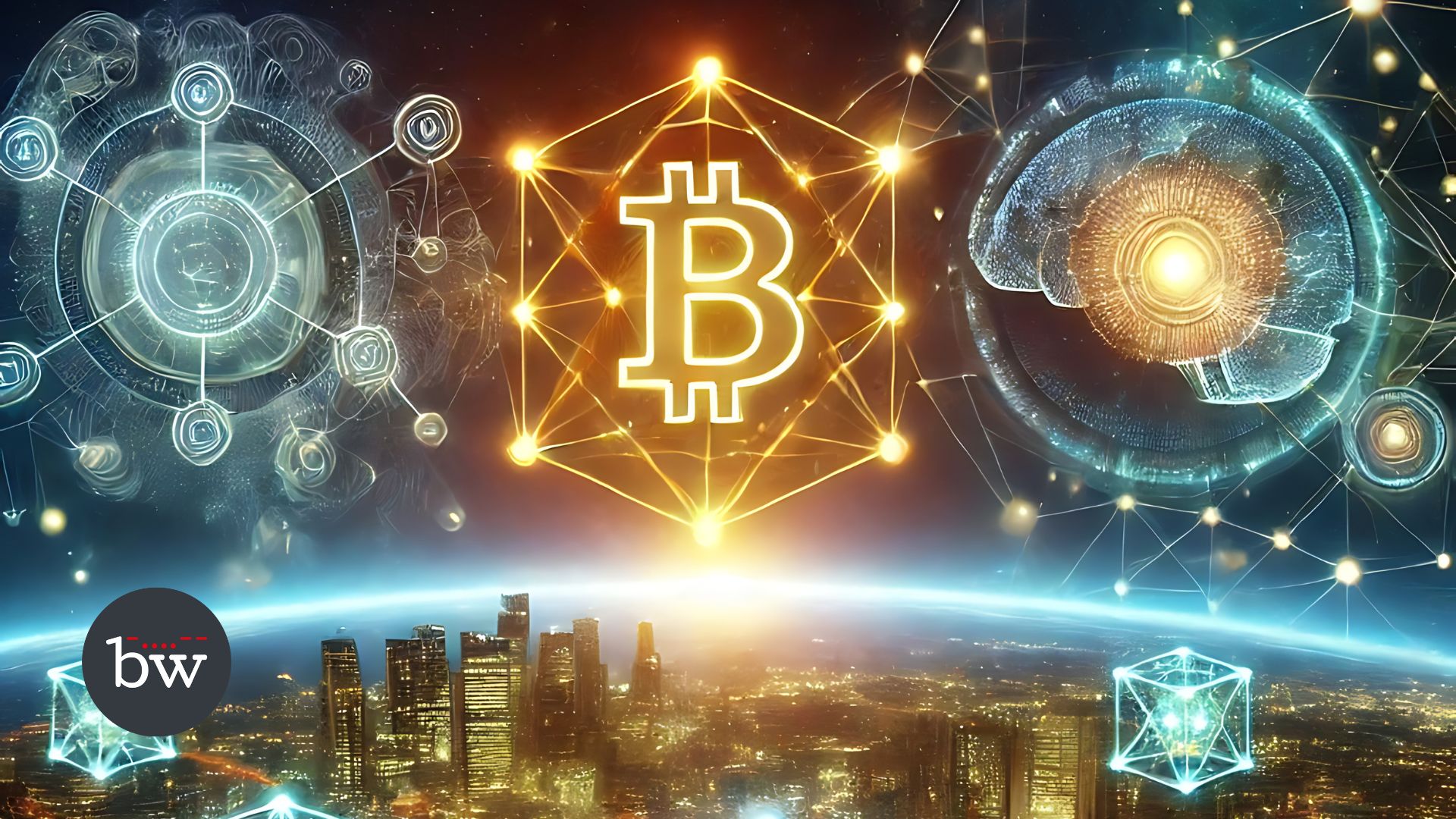As artificial intelligence storms ahead at breakneck speed, technologists are turning to an unlikely ally in their quest to make AI systems safer and more trustworthy: blockchain technology. Once dismissed as merely the underpinning of cryptocurrency, blockchain's sophisticated approach to data management is emerging as a potential solution to some of AI's most pressing challenges.
"We're witnessing the convergence of two transformative technologies," says Dr Emily Carter, a research scientist at Cambridge's Department of Computer Science. "Blockchain isn't merely about Bitcoin anymore. It's about creating a foundation of trust and transparency for the next generation of AI systems."
The marriage of these technologies isn't purely theoretical. Major platforms such as Solana and Polygon are already processing upwards of 65,000 transactions per second, speeds that could potentially handle the vast data requirements of modern AI systems. These "scalable blockchains" are designed to maintain security whilst operating at the lightning-fast speeds necessary for AI applications.
The Trust Factor
At the heart of the matter is a growing concern about AI's "black box" problem – the difficulty in understanding how AI systems arrive at their decisions. Blockchain technology, with its immutable record-keeping and transparent operations, could provide an answer.
"Think of it as a permanent, unalterable record of every decision an AI system makes," explains Dr Carter. "Every data point, every calculation, every conclusion can be traced and verified. It's rather like giving AI a transparent audit trail."
The Speed Challenge
However, the integration faces significant hurdles. Traditional blockchain networks are too sluggish for the split-second decisions required by AI systems. This is where newer, more scalable platforms are stepping in.
Leading the charge in transaction processing capability, Bitcoin SV (BSV) has demonstrated remarkable throughput of 19,308 transactions per second with 4GB block sizes. The platform's enterprise-level scalability and ultra-low transaction fees make it a significant contender for AI systems requiring large-scale data management and smart contract functionality.
Other notable platforms include Solana and Polygon, each processing up to 65,000 transactions per second, whilst Avalanche can handle 5,000 transactions per second with near-instant finality. Its "subnets" feature allows organisations to create bespoke blockchain environments specifically tailored to their AI needs. Meanwhile, the Lightning Network, a layer built atop Bitcoin, theoretically could handle up to one million transactions per second – a speed that could match the demands of even the most complex AI systems.
The Energy Question
Critics point to the enormous energy consumption of both technologies. Bitcoin mining alone uses as much energy annually as some small nations. Add AI's substantial power requirements, and the environmental impact could be staggering.
Yet proponents argue that newer blockchain platforms offer more energy-efficient solutions. Polygon and Solana, for instance, use proof-of-stake mechanisms that consume significantly less power than traditional mining operations.
A Kill Switch for AI?
Perhaps most intriguingly, blockchain technology could provide a fail-safe mechanism for AI systems – a decentralised "kill switch" that could shut down rogue AI applications. This feature has caught the attention of AI safety advocates who worry about maintaining control over increasingly powerful artificial intelligence systems.
"Blockchain's distributed consensus mechanisms could prevent any single entity from having too much control over AI systems," notes a recent Cambridge University study. "It's rather a democratic approach to AI governance."
The Road Ahead
Despite the promise, challenges remain. Data fragmentation across different blockchain networks poses a significant hurdle. The technical complexity of integrating these systems requires expertise that's still in short supply.
Yet the potential benefits are too significant to ignore. As AI continues to advance, the need for transparent, secure, and scalable infrastructure becomes more crucial. Blockchain technology, particularly its newer, more efficient iterations, could provide the foundation needed to build safer, more trustworthy AI systems.
"We're not suggesting blockchain is a panacea for all of AI's challenges," Dr Carter emphasises. "But it's an important tool in our arsenal as we work to create more responsible and transparent artificial intelligence systems."
As these technologies continue to evolve, their convergence might not just be beneficial – it could be essential for the future of safe and ethical AI development. In a world increasingly dependent on artificial intelligence, blockchain's promise of transparency and security could be the guardrail we need to ensure AI remains both powerful and controllable.

